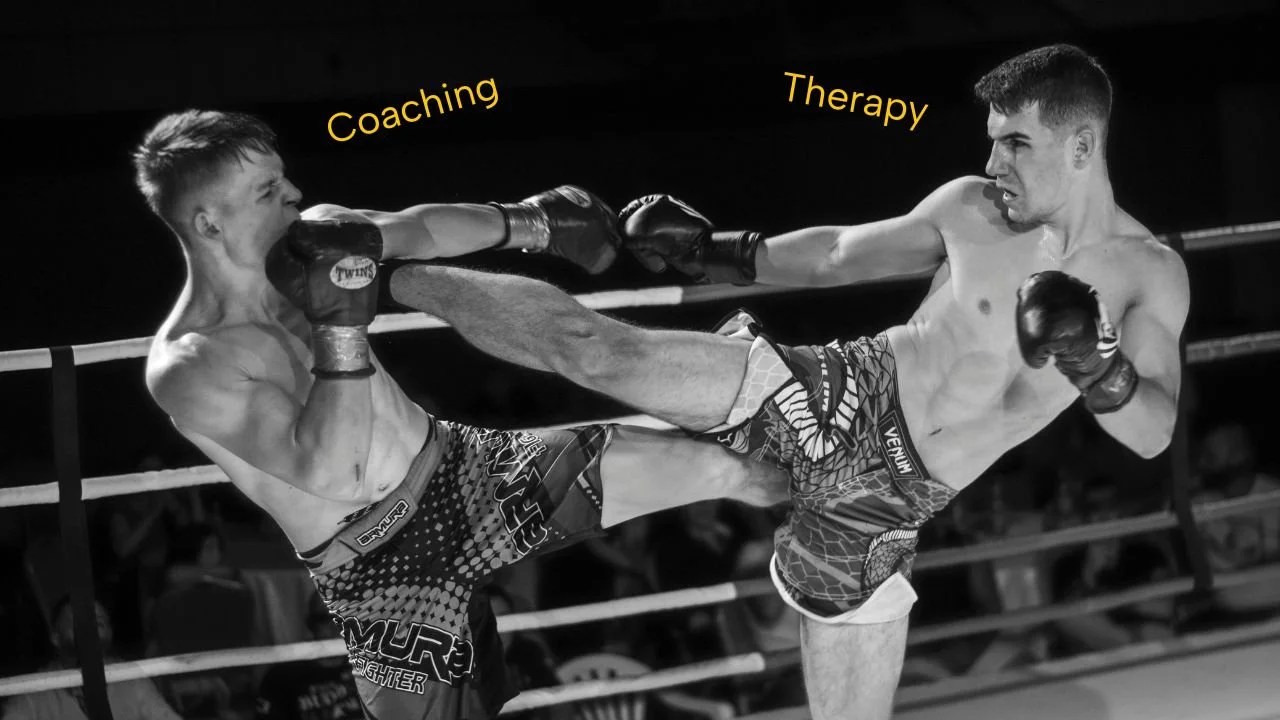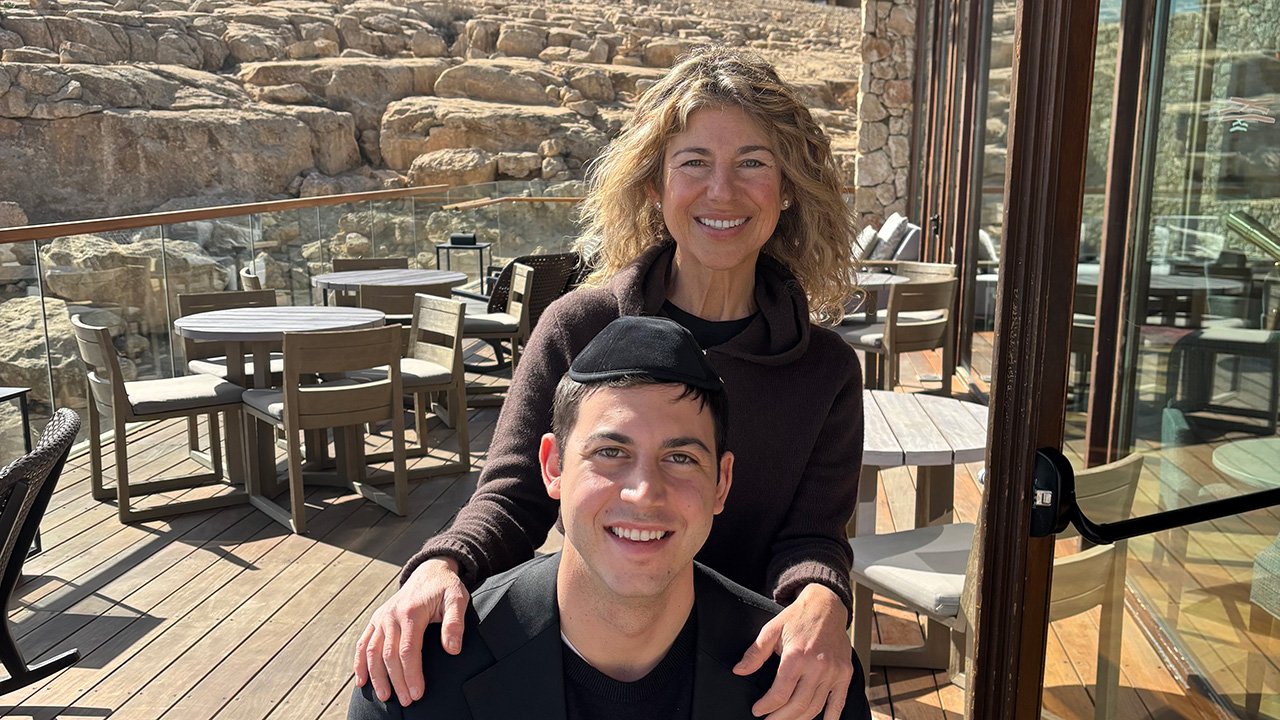Coaching Vs. Therapy — Why I No Longer Give a Short Answer to This Question?
When I first started coaching, I used to share easy answers.
One of those answers was the response to the question Life Coaches are asked often.
What’s the difference between Coaching and Therapy?
My easy answer was, “Therapy is about exploring your past whereas coaching is about creating your future.”
While I always strive to simplify my learnings, I’ve also come to realize that in the process of doing so, I might have overlooked or even left out significant nuances. My response to the question above, while not untrue, was far from complete!
Years of coaching has helped me slow down and focus on what truly matters and I now help my clients do the same. One thing I know for sure is that nuances—those subtle, complex truths that exist in the gray areas and cannot be easily condensed into an Instagram post—matter a lot!
That’s why I no longer give a short answer to this question. Instead, I encourage the questioner to forgo the explanation of coaching and find a Professional Coach who is willing to offer them a firsthand experience.
The best way to determine the effectiveness of coaching is by experiencing tangible results, which is why you should never commit to a long-term coaching program without first experiencing at least one conversation that offers new insights and prompts a shift in perspective. After all, the proof is in the pudding.
I have almost 3 decades of experience in the fashion industry. It would have been unimaginable to expect a client to buy something without trying it on first.
Yet this bizarre expectation is considered normal within the coaching industry! How often have you had a coach tell you about their certifications, modalities and expertise in order to convince you to commit to coaching with them?
Unfortunately, there are way too many folks in the coaching space that use this “technique” and you shouldn’t fall for it.
Instead find someone who is willing to have a few real coaching conversations with you and you’ll know the answer to the only two questions that matter:
Can you help me?
Can I trust you?
The barrier to entry in this field is about as low as it can possibly be. Truly anyone can call themselves a Coach. Conversely, the barrier to success is exceptionally high, as evidenced by the average income of coaches in the US—$31,500.
Coaching is the most powerful and sustainable process I know for creating the best life we are capable of. Do your homework and find the right Coach for you.
And if you want to know what I think differentiates Therapy from Coaching, tune in next week.










